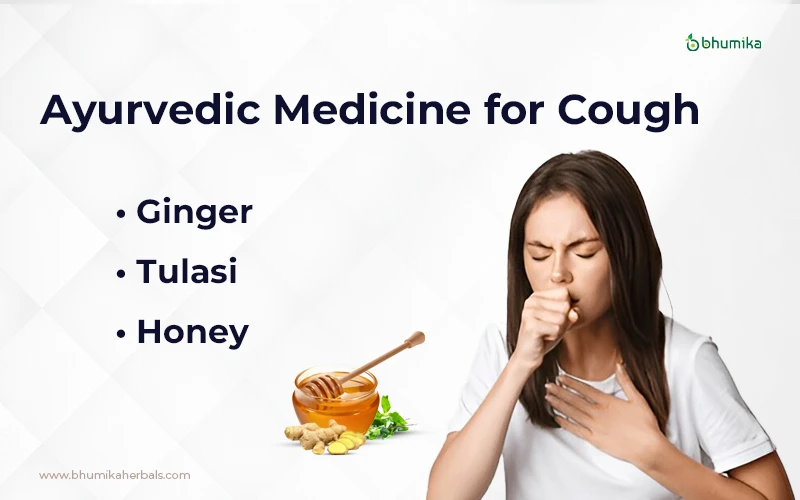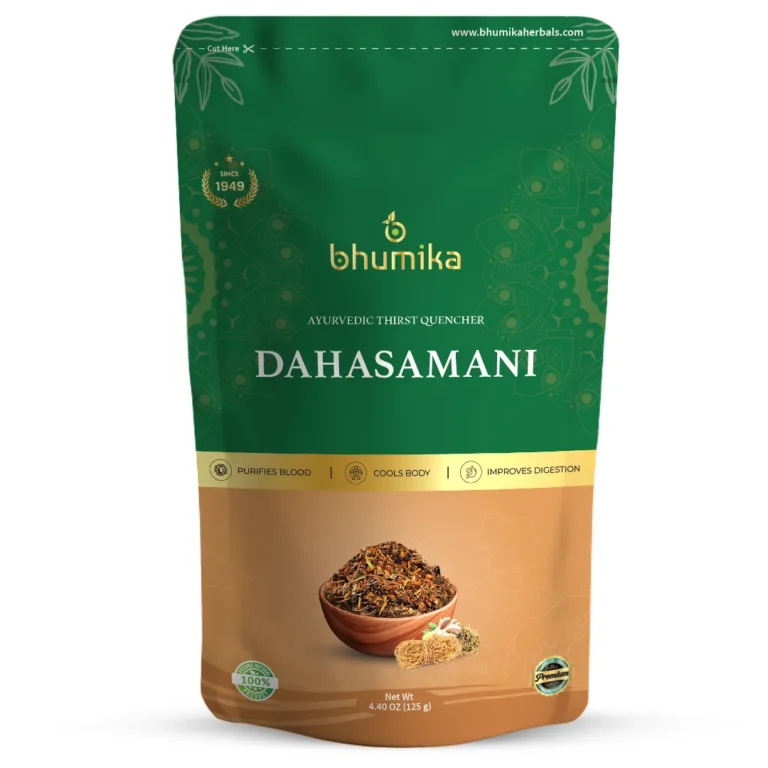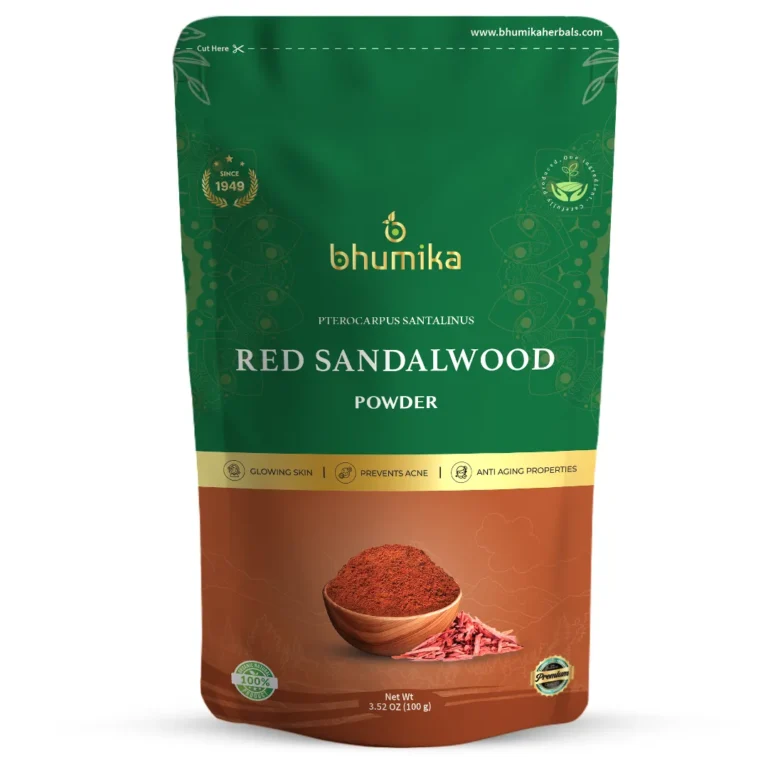Ayurvedic Remedies for Cough – Natural Home Remedies & FAQ
Share this!

Coughing: we can simply define them as the natural reflex that helps to clear the airways and throat by removing foreign particles from there. Even though it is a defensive mechanism, for some it is a nightmare.
There will be at least one person on your friends list who struggles with coughing. A drizzle, dust, or cold weather is enough for them to trigger coughing. For them, Ayurveda is there. There are some effective Ayurvedic remedies for cough that will make your cough under control. Let’s discuss Ayurvedic remedies for cough.
| Table of Contents: |
Cough (kasa) and Ayurveda
According to ancient Ayurvedic manuscripts, coughing (kasa) can result from the imbalance in any of the three doshas, Vata, Pitta and Kapha. Each type of cough is associated with different symptoms and reasons. According to Ayurveda, there are five types of coughs: vatha cough, pitha cough, kapha cough, ksataja and ksaya.
- Vataja Kasa (Vata Cough): This cough is dry, and usually it is accompanied by a hoarse voice, a tickling sensation in the throat, and occasional headaches. It is caused by the imbalance in the Vata dosha. Disha, which governs movement and dryness in the body.The distinctive nature of this cough is that it is dry, with limited mucus. It can also be accompanied by chest pain and loss of voice.
- Pittaja Kasa (pitta cough): Coughs due to the imbalance of pitta dosha are called “pittaja kasa.” A Pitta cough is distinguishable by several symptoms. For example, intense throat pain, a burning sensation, and yellowish or greenish mucus. It is caused by excess Pitta dosha. In this disease, the cough continues and is severe when compared to Vataja Kasa. In severe cases, mucus even contains blood. Fever will also accompany.
- Kaphaja Kasa (Kapha Cough): Coughs due to the imbalance in kapha dosha are called “kaphaja kasa.”It is characterized by large amounts of white, thick, and sticky mucus. And it will also accompany nausea/vomiting and a runny nose. Coughing will be continuous in this case. Kaphaja kasa is usually wet, with thick, sticky mucus, congestion, and a feeling of heaviness in the chest. It is caused by an imbalance in the Kapha dosha, which governs structure and fluid balance in the body.
- Kastaja kasa: It shows symptoms of both vata and pitta types. In some cases, mucus may contain blood due to infection or bleeding, and it may also see discoloration too. Another notable symptom for this cough is fever, joint pains, or urine with blood.
- Kasya: This type of cough occurs with conditions like tuberculosis. It leads to the drying up or loss of tissues in the lungs. Imbalance in the vata is the major reason behind this problem; imbalance of the other two doshas also plays a crucial role.
Ayurvedic Remedies for Cough

There are many effective Ayurvedic remedies to overcome coughing issues. You can beat that villain by using these remedies. But those who have fourth- and fifth-category coughs should consult a physician.
Ginger
Ginger is a commonly used Ayurvedic remedy for cough. It is a powerful herb that helps to balance Vata by warming the body and soothing the throat. So using ginger may help you to overcome your cough.
How to Use Ginger for Cough
You can use it by preparing tea using ginger. Put some fresh ginger slices in boiling water, and add honey to taste. Drink this warm tea twice a day.
Tulsi
Tulsi: “Mother Medicine of Nature” or “The Queen of Herbs” is a common Ayurvedic remedy that can help to overcome various diseases. Tulsi leaves improve immunity and enable us to fight against the common cold as well as cough. It also increases the production of antibodies and clears airways.
How to Use Tulsi for Cough
- Tulsi Leaves: Chew some fresh tulsi leaves. Chewing in the morning makes it more effective.
- Tulsi Tea: Put some fresh tulsi leaves in boiling water. Then you can add some honey for sweet and have it.
- Tulsi and Ginger Concentrate: Take some fresh tulsi leaves and fresh ginger slices. Then put these ingredients in boiling water and drink, or you can also gargle using this.
Honey
Honey possesses antimicrobial properties, so consuming honey may help relieve cough. Along with its heavenly taste, it eases your sore throat. It also helps with chest congestion by loosening thick mucus. So those who are struggling with coughing can try this.
How to Use Honey for Cough
Consume one tablespoon of honey before going to bed.
Ginger and Honey Juice
Take some water, add some fresh ginger slices, and add some honey. Then blend it well and make a juice. Consuming this will give relief from a sore throat and cough.
Honey and Turmeric
Mix some honey with a pinch of turmeric powder. Turmeric is known for its anti-inflammatory properties, and honey soothes the throat. Take this mixture twice a day.
Licorice or Mulethi
Known as Yashtimadhu in Ayurveda. Licorice root is an excellent remedy for soothing dry and irritated throats. It can be chewed directly, or you can make tea using this.
Steaming
Inhaling steam with eucalyptus or peppermint oil can help clear the respiratory tract and reduce congestion. Which gives relief from coughing.
Preventive Measures for Cough
Precaution is always better than cure. A slight change in your lifestyle can create big impacts.
- Diet: Always prefer a balanced diet. Avoid cold and heavy food. Maintaining a balanced diet keeps your doshas in equilibrium.
- Exercise: Doing exercise or practicing yoga helps to keep your dosha balanced.
- Avoid cold weather: Avoid cold weather and air conditioners, or take preventive measures during the cold.
These are major remedies and preventive measures according to Ayurveda. These ayurvedic remedies for cough may help to relieve your issues. That doesn’t mean that it is the final word or you don’t want to consult a doctor. Always consult a physician if you have a cough. Because you cannot diagnose actual cause of your cough.
So if you are struggling with continuous coughing, consult a doctor and make sure that it is not a serious issue. And don’t think that these remedies are ineffective; these are traditionally used effective remedies. So use this and experience the power of nature.
Related Topics
| Ayurvedic Treatment for Migraine | Ayurvedic Medicine for Bp Control |
| Ayurvedic Treatment for Indigestion | Ayurvedic Medicine for Memory |
Frequently Asked Questions on Ayurvedic Remedies for Cough
What are Ayurvedic remedies for cough?
Ayurvedic medicines for cough include natural remedies like ginger, tulsi, honey, and licorice. These treatments help balance the doshas (Vata, Pitta, and Kapha) to provide relief from various types of coughs.
How does Ayurveda classify different types of coughs?
Ayurveda classifies coughs into five types: Vataja (dry cough), Pittaja (burning cough with yellowish mucus), Kaphaja (wet cough with thick mucus), Ksataja (cough with blood), and Ksaya (cough due to lung tissue loss). Each type is associated with an imbalance in one or more doshas.
How can ginger help in treating a cough?
Ginger is a powerful Ayurvedic remedy that helps soothe the throat, warm the body, and balance the Vata dosha. It can be consumed as tea or gargled to relieve cough symptoms.
What is the role of tulsi in treating a cough?
Tulsi, known as the “Mother Medicine of Nature,” boosts immunity, fights infections, and clears airways. It can be consumed as tea, chewed fresh, or combined with ginger for effective cough relief.
Can honey help with a cough?
Yes, honey has antimicrobial properties that help soothe a sore throat, relieve chest congestion, and ease coughing. It can be consumed directly or combined with ginger or turmeric for enhanced effects.
Share this!
Share this!
Shop by Concern
Acne & Pimples (8) Dandruff & Scalp Itchiness (6) Dark Circles & Puffy Eyes (4) Dead Skin Cells (5) Dehydrated Skin (4) Dry & Damaged Hair (5) Dryness (4) Dry Scalp (6) Dry Skin (3) Dull Skin (7) Excessive Oilness (4) Face Care (8) Fine Lines & Wrinkles (7) Greying (3) Hair Care (8) Hairfall (6) Hair Loss & Growth (6) Hyper Pigmentation (5) Post Partum Hairloss (2) Skin Brightening (8) Skin Care (7) Stretch Marks (3) Tanned Skin (5) Uneven Skin Tone/ Pigmentation (5) Uneven Skintone/ Texture (5)








